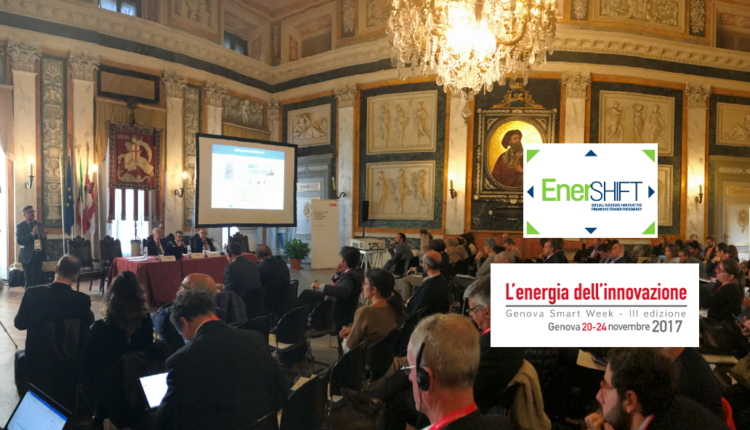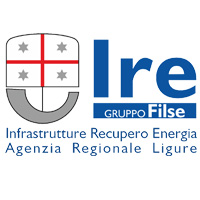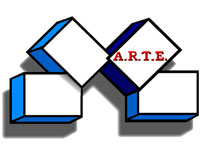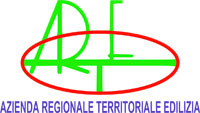On September 20th, EnerSHIFT was presented at “Genova Smart Week” as a best practice in the field of financial innovation for energy efficiency initiatives. Genova Smart Week – now at its third edition – is an international fair organized by the Municipality of Genoa to promote the implementation of the “vision” aimed to transform urban areas into smart cities.
This year, Business Models & Solutions, Enterprise 4.0, Urban Platform and Green Solutions were the main topics of the event.
In the theme session that took place in the afternoon of the opening day: “BUSINESS MODELS & SOLUTIONS for the development of the Smart City”, Liguria Region contributed to the spread of new models of economic sustainability through the presentation of the experience gained through EnerSHIFT.
To date, at national level the financial model drawn up for the EnerSHIFT call for tender through EPC contracts (“Energy refurbishment of Social Housing buildings in Liguria”) is one of the few cases where innovative solutions to economic, financial and legal barriers limiting the use of PPP tools by the Public Administrations have been identified and applied.
Indeed, EnerSHIFT uses a financial mechanism that generates investment in smart & efficient buildings without the need for public resources and, more importantly, finally opens the way to the replication of similar initiatives by other Public Bodies because it provides an application model for PPP ready to use: in fact, it complies with the New Italian Procurement Code (the implementation of EPC contracts takes place through “Public Service Concessions”), it respects the EUROSTAT guidelines on off-balance sheet accounting and it addresses in the same way to the needs of Administrations and ESCOs.
The public-private stakeholders attending the Genova Smart City conference have welcomed the EnerSHIFT experience with great enthusiasm because, as it turned out during the meeting session, building a Smart City needs for the interaction of three “blocks”: technologies, actors (both public and private) and financing models.
Technology alone is not enough to turn a city into a smart city: it also needs a shared regulatory framework and a system of funding and incentives.
The concrete application of innovative business models like the EnerSHIFT one is the first step to think about spreading urban transformation initiatives at large scale.








